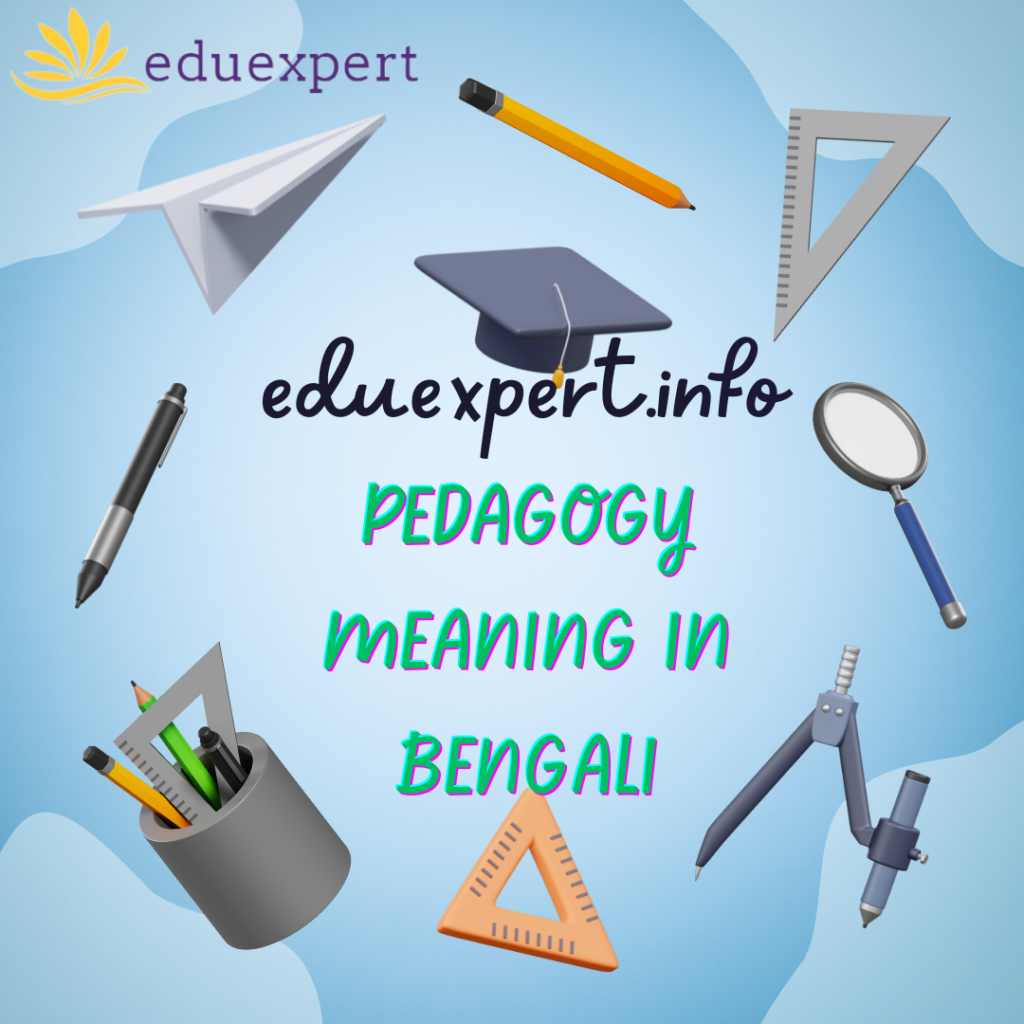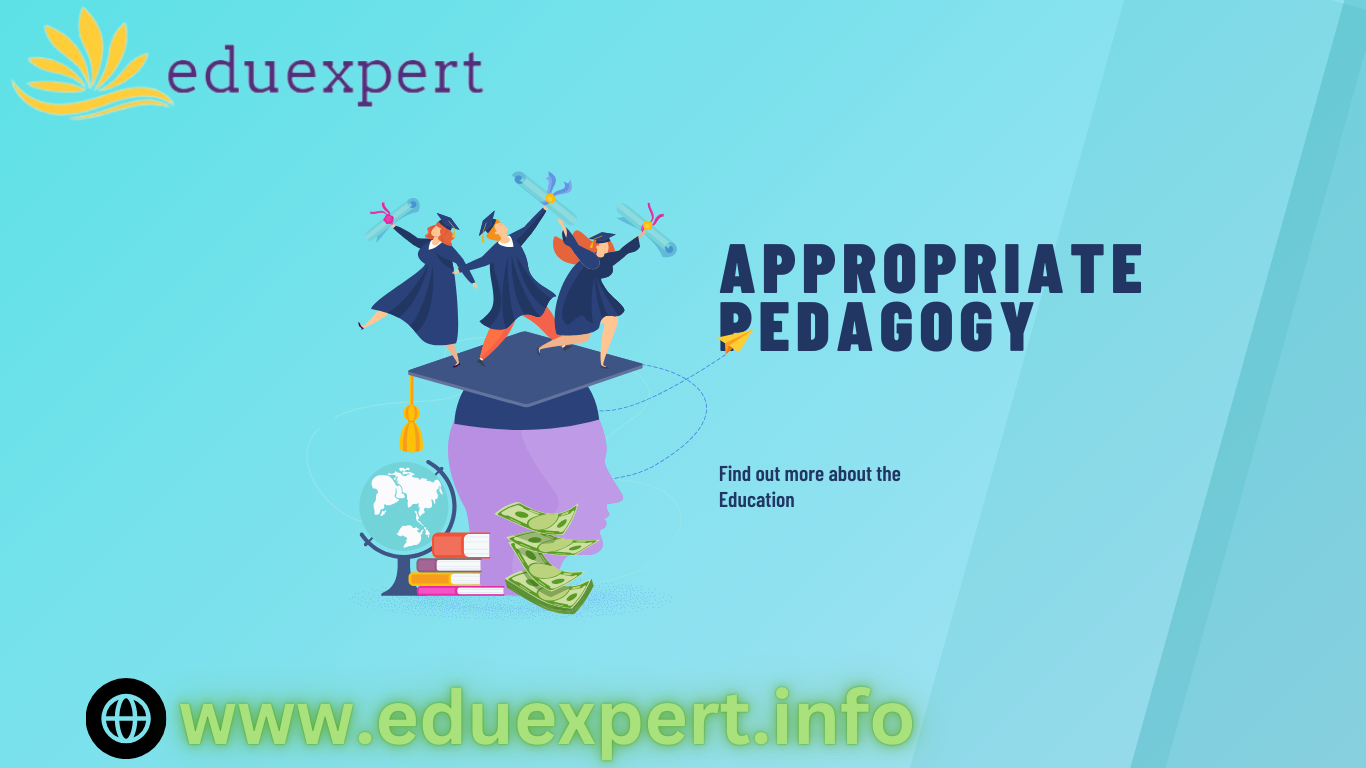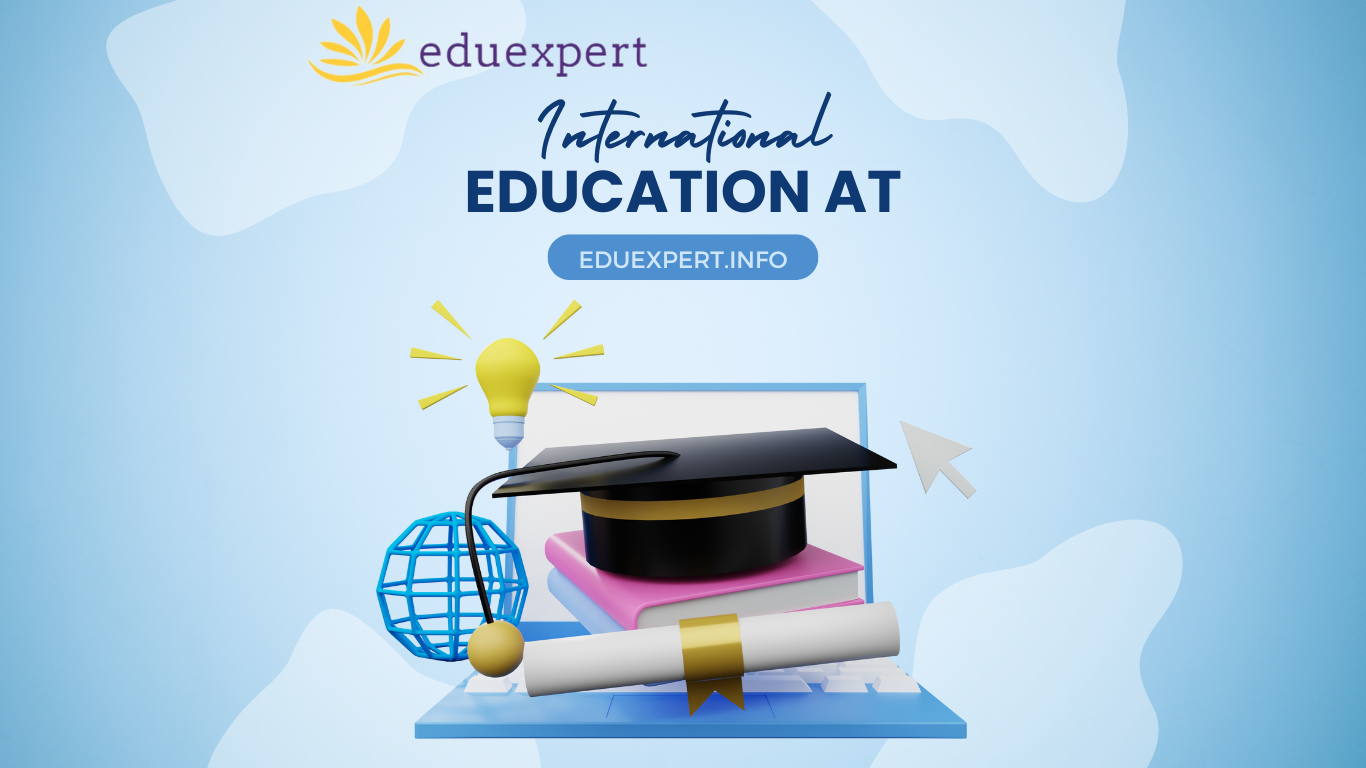Greetings to an in-depth analysis service on pedagogy, especially Bengali education. Pedagogy is a complex word, but this understanding of what it means and how teachers can use that knowledge to improve their jobs. This article will attempt to unpack the concept of pedagogy to understand how it has evolved globally and how its history manifests itself in contemporary education practices within Bangladesh. That will enrich you as an educator, student or simply a brain always keen on reformulating how we learn and how it has changed through the ages within your context of Bengali life.
What is Pedagogy?
In turn, pedagogy is the art or science of teaching and denotes the strategies or styles you instruct. Pedagogy — The unknown Pedagogic connotation of the Bengali term “শিক্ষাদান পদ্ধতী” in a coordinate form emphasis upon steps step and manner or method towards teaching. Given the variety of ways we learn, teaching methods need to be flexible and include multiple strategies that meet students’ needs. More importantly, pedagogy should always support these new modes – it must serve as a bridge between possibilities devised during periods of realization and their actualization.
Background of Pedagogy in Bangladesh
Pedagogy in Bangladesh is grounded in the traditions of its ancient universities, Nalanda and Vikramshila. From the age-old Gurukul system to a modern framework, there have been scores of changes over centuries in this land now known as Bangladesh. This was accompanied by pedagogical adaptations and difficulties, leaving a lasting legacy on the educational terrain of current-day Bangladesh.
What makes Pedagogy Work?
~Effective Components of an Education~
Good Pedagogy Meaning in Bengali is about ensuring that every student hears the same information presented in a uniform style. These are essential in the Bengali education aspect:
Pedagogical Methods: Different types of pedagogy, such as interactive lectures, group discussions, and project-based Learning, address different styles of Learning
Materials And Human Teaching: Good textbooks in paper and digital form, qualified human teachers for each grade level who use the materials, and culturally relevant and language-appropriate lesson plans.
Evaluation: Continuous and comprehensive evaluations are not confined only to academics but also move forward culturally, guiding students to develop good human beings with high critical thinking skills.
In many schools in Bangladesh, there are examples where a move towards student-centred Learning has seen increased engagement and clarity with which students understand concepts.
Pedagogy vs. Andragogy
Whereas Pedagogy Meaning in Bengali is the teaching of children, andragogy refers to methods specifically for adult learning. Educators at all levels of Bengali education need to know how these differ from each other.
Pedagogic – generally more directive teaching models, route memorization + structured curricula
Andragogy: Shifts the focus from education to self-directed Learning where adults have more responsibility for developing their educational styles based on life approach and greater experience.
Adult education and lifelong learning programs in Bangladesh are increasingly using an approach based on the principles of adult learning (andragogy) to strengthen vocational training and baccalaureate-level teacher preparation for higher educational institutions that promote highly skilled teachers who respect mature adults’ self-motivation capabilities.
Modern Pedagogical Approaches
Technology is changing faster, and the world is becoming what we call a small family; with these things in mind, education in Bengali is evolving. Some of the modern pedagogical approaches popularly in use today include:
Blended Learning: a learning experience that allows students to have flexibility by combining online self-paced training methods of teaching and in-classroom, traditional ways through technology used as secondary sources for promoting a successful completion rate.
Flipped Classrooms: Students learn new material outside of class and come to school to primarily practice and problem-solve with peers and teachers.
Strategy: This strategy does not involve games but helps in quicker and better understanding from YouTube or the Web; it uses gamification principles to boost motivation and learning outcomes through competition and achievements.
These methods are being tried in schools all over Bangladesh, both urban and increasingly rural (with support from NGOs and government initiatives launched to spur digital literacy and educational access).
Case Studies
Several case studies demonstrate that innovative pedagogic practices are effective in Bangladesh;
Rural School Success Stories: Rural districts have embarked on different forms of community-based learning projects that reflect community assets and ways of knowing, leading to increased parental involvement and student achievement.
Urban Model Schools: Well-furnished classrooms with technology-driven academic aids, housed in the capital Dhaka, have proven that well-established urban schools can be created where teaching is a pleasure and Learning keeps evolving even against heavy odds of complex life.
The above examples provide a window into implementing effective Pedagogy Meaning in Bengali in different contexts across Bangladesh.
Pedagogical challenges in Bangladesh
While things are moving forward in Bangladesh, this basic shift presents several challenges for educators and institutions:
Few resources: Many schools, particularly in rural areas, need help to provide even basic educational infrastructure, such as enough classroom space and equipment needed for effective Learning or access to technologies.
Support for Teachers to be Trained: There is an urgent need to train teachers with professional development programs in teaching practices and the use of technology.
Cultural Barriers: Cultural norms might act as barriers, and traditional education often needs to do a better job of teaching critical and creative thought; it results in staff members being unable to adapt only to new tools if they repeat rote memorization.
Take, for instance, some of the resistance that there has been in certain communities to online learning platforms due to misconceptions about their efficiency and traditional favouritism against face-to-face teaching (Sitoks Warsame)
The shape of things to come in pedagogy for Bengali education
Over the horizon, a few key drivers are likely to reshape pedagogy for this rapidly developing nation gradually:
Government and NGO Interventions: There is a greater loom in education reforms and public-private partnerships to initiate pilot programmes.
Technological Advancement: It is transparent true that as the reach of the internet grows, so does e-learning and virtual classrooms can be a great move to make education accessible in distant areas;
Democratization: The impact of global standards and practices can help standardize best international practices with local needs for a more pragmatic pedagogical approach, considering that teaching is not universally carried out in an ideologically circumscribed framework.
The above factors signify a vibrant future of pedagogical practices in Bangladesh, where conventional trends will be integrated into modern methodologies for vocational exigency in 21st-century education.
Conclusion
This explanation of Pedagogy Meaning in Bengali is not just a simple translation but an elaboration on the educational philosophy used by students learning everywhere in Bangladesh. Moving ahead, as educators and, at the same time, stakeholders try to find their way through allowing these pedagogical strategies to thrive in what appears outwardly like a tenuous relationship at best…therein layeth the gist: adaptation — engagement— lifelong learning….or effective pedagogy for school of tomorrow.
Call to Action
We welcome academicians, students, and the whole educational sector to learn these ideas from all directions, tell us about their experiences, and explore learning opportunities further. For further articles and educational prose, head to our expert.info





